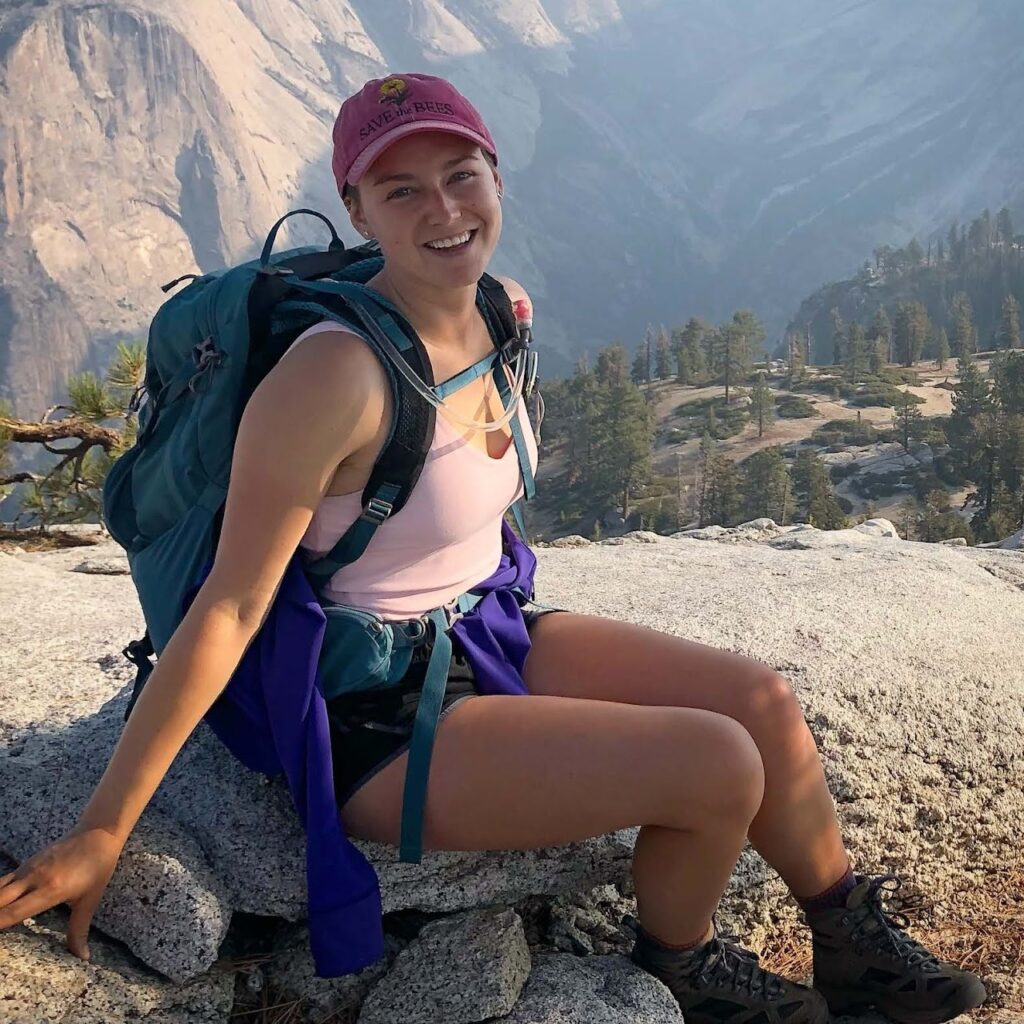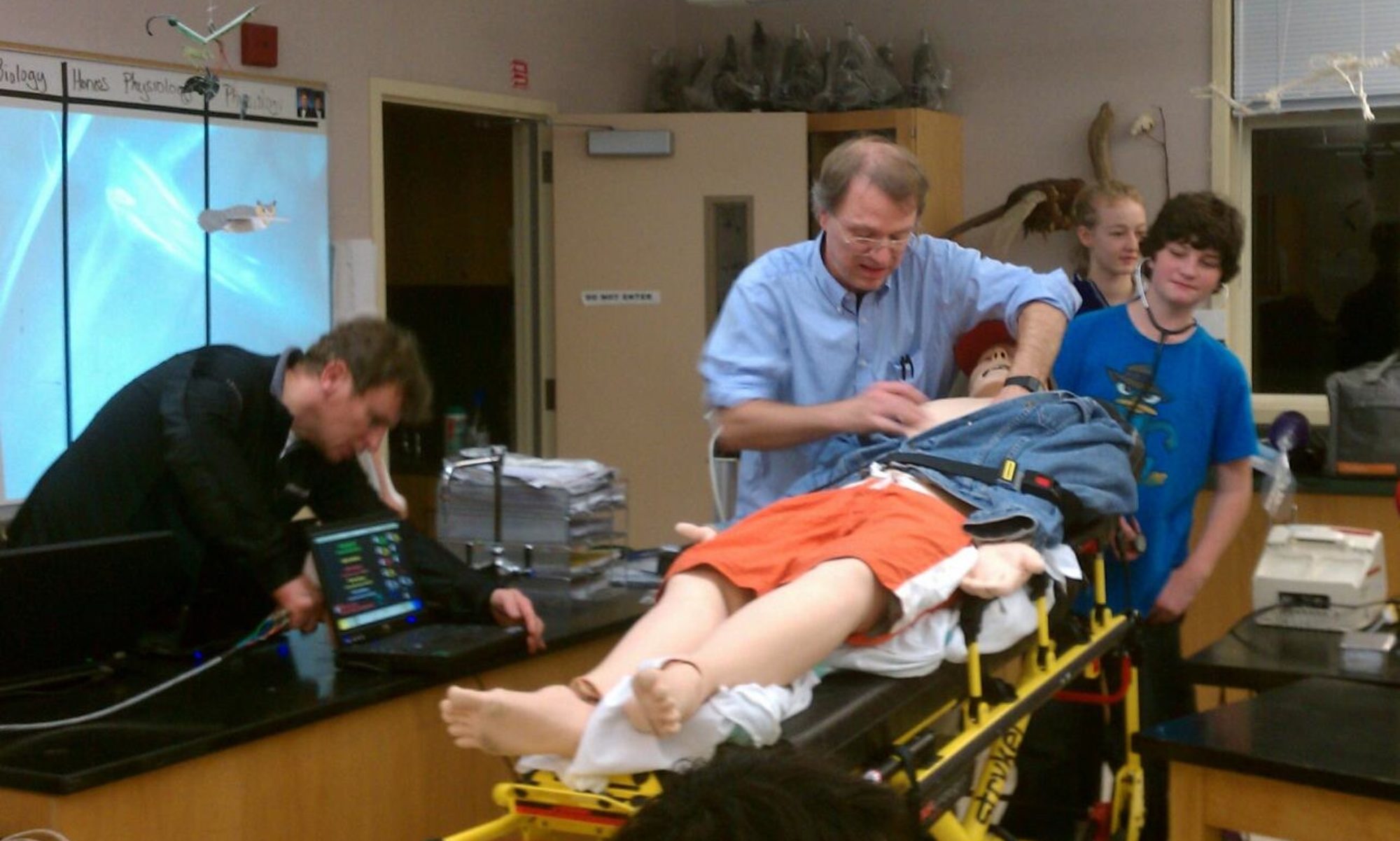with Emily Bogner, Ph.D. candidate UC Berkeley
WHEN?: Wednesday, November 13th, 2024 – TLHS Innovation Hub – 7:30 – 8:30pm

Description: In paleontology, the skull, arms, and legs can provide valuable insights into the diversity of diets and movements in extinct animals. As animals evolve, all parts of their skeleton evolve simultaneously as a coordinated whole, however, the research paleontologists conduct often examines these parts of the skeleton independently. Emily Bogner’s research unveils the intricate interplay of the integrated evolution between the skull, arms, and legs. This broadens our understanding of how animals evolved to be best suited for their environments.

Bio: Emily is a fourth year PhD candidate at UC Berkeley and affiliate of the University of California Museum of Paleontology (UCMP) and Museum of Vertebrate Zoology (MVZ). She is broadly interested in evolutionary biomechanics and functional morphology of vertebrates. Her dissertation focuses on how the carnivoran skeleton has evolved for prey acquisition and processing. Prior to working in the Functional Anatomy and Vertebrate Evolution (FAVE) Laboratory at Cal, she received her B.S in Geology and Biology from Kutztown University, and her M.S. in Geosciences with a concentration in Paleontology from East Tennessee State University.

Links:

